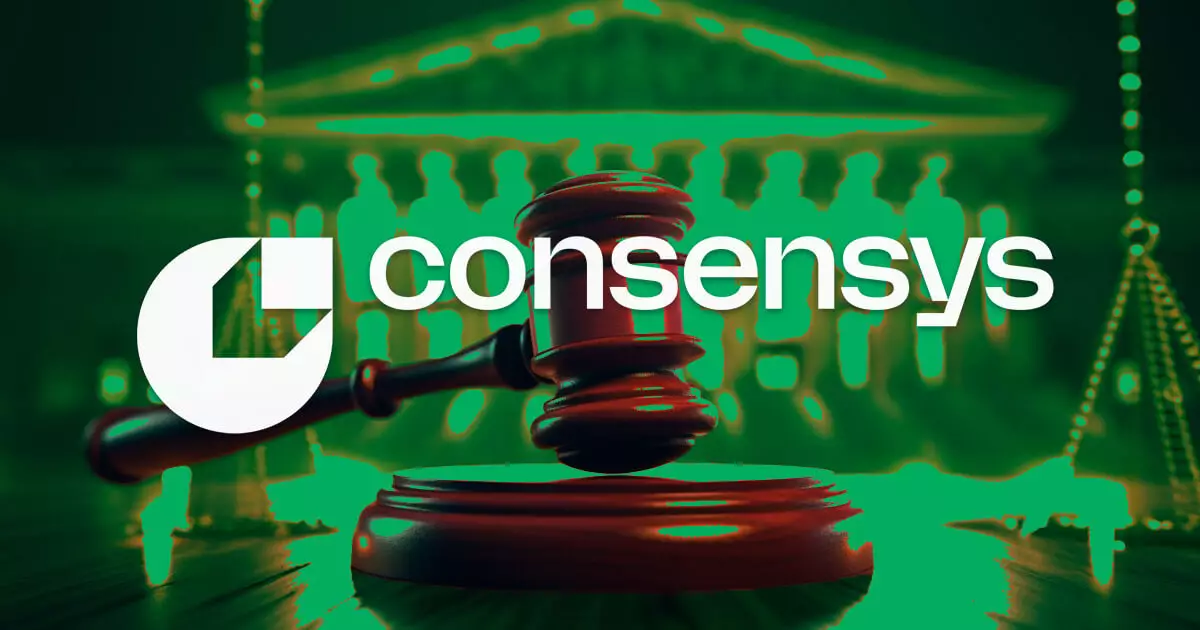In a significant development, the U.S. Securities and Exchange Commission (SEC) has reached a preliminary agreement to dismiss its enforcement action against Consensys, a prominent blockchain software company. This announcement, dated February 27, indicates that a stipulation will be filed in court pending final approval, effectively marking the end of a contentious legal battle. The SEC’s allegations centered on Consensys’ MetaMask Staking service, asserting that it participated in unregistered securities offerings and functioned as an unregistered broker. The charges were filed on June 28, 2024, suggesting that the agency has been ramping up scrutiny over crypto-related businesses.
Joseph Lubin, CEO of Consensys, emphasizes that the decision to challenge the SEC’s allegations was not merely a defense of the company but a broader stand in favor of innovation and blockchain developers. His remarks underline a sentiment prevalent among many in the crypto community—that regulatory overreach jeopardizes the very innovation that has made blockchain technology transformative. Lubin’s belief that the SEC is now adopting a more accommodating stance under its new leadership could signal a pivotal change in how regulatory bodies interact with the crypto industry. This development may foster a more favorable environment for growth and innovation, vital for the sustainability of blockchain projects.
Following the resolution of its regulatory issues, Consensys is set to redirect its focus towards development and innovation. Lubin is optimistic about Ethereum’s prospects and the overall trajectory of decentralized technology, suggesting that the landscape is becoming increasingly conducive to a decentralized financial system. This optimism could be contagious; as other companies in the blockchain space witness a more progressive regulatory atmosphere, there may be a renewed interest in innovation and investment in blockchain technologies.
The SEC’s recent actions, including the agreements reached with other major players like Coinbase and Robinhood, further indicate that regulators may be willing to recalibrate their approach to crypto regulations. The closure of enforcement actions against Uniswap Labs and Gemini, coupled with Justin Sun’s ongoing negotiations with the SEC, highlights a trend of reconciliation over confrontation.
As the SEC navigates this transition, its ability to balance consumer protection with the need for regulatory clarity will be closely scrutinized. A cooperative dialogue between industry leaders and policymakers could lead to clearer regulations that not only safeguard investors but also support innovation and entrepreneurship in the blockchain sector. This shift is crucial, as it may define the regulatory landscape for cryptocurrencies for years to come.
The SEC’s tentative dismissal of its case against Consensys marks an important milestone not just for the company, but for the entire blockchain community. The emerging narrative from this case echoes wider calls for a balanced regulatory environment and sustainable growth in the rapidly evolving world of decentralized finance. Whether this trend continues will depend largely on the ongoing interactions between the SEC, blockchain companies, and the innovative spirits driving the industry forward.















